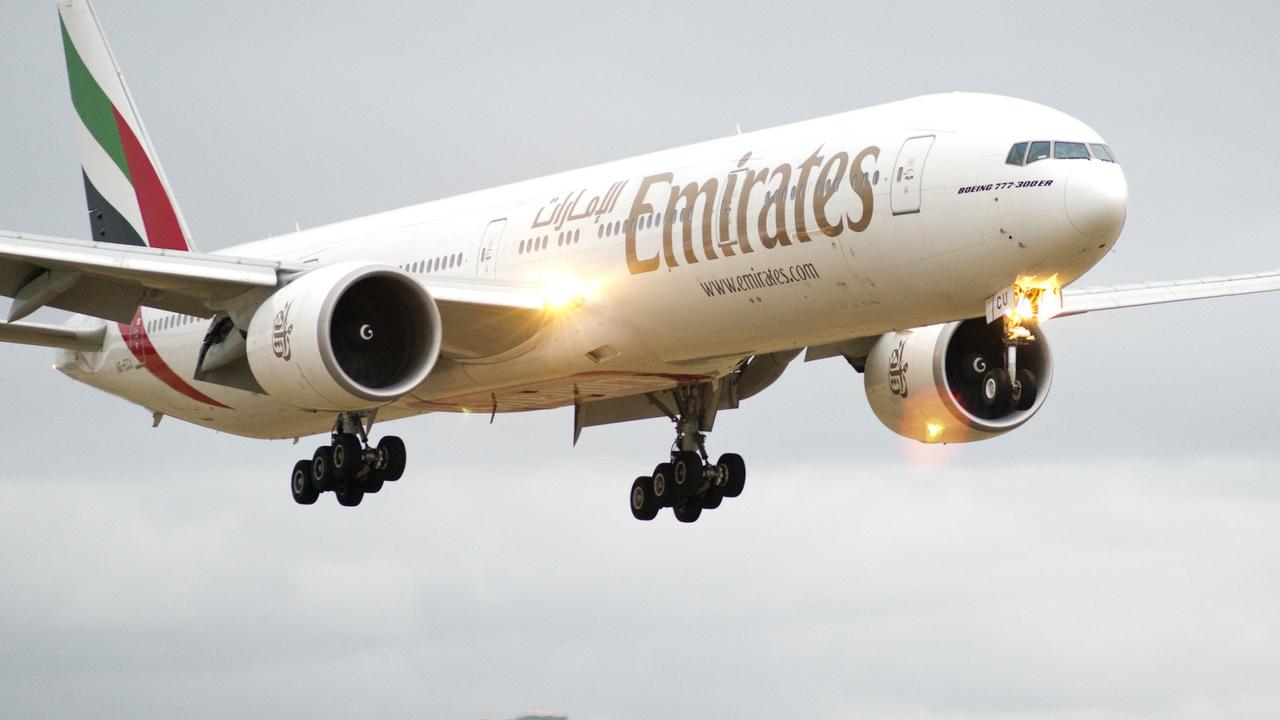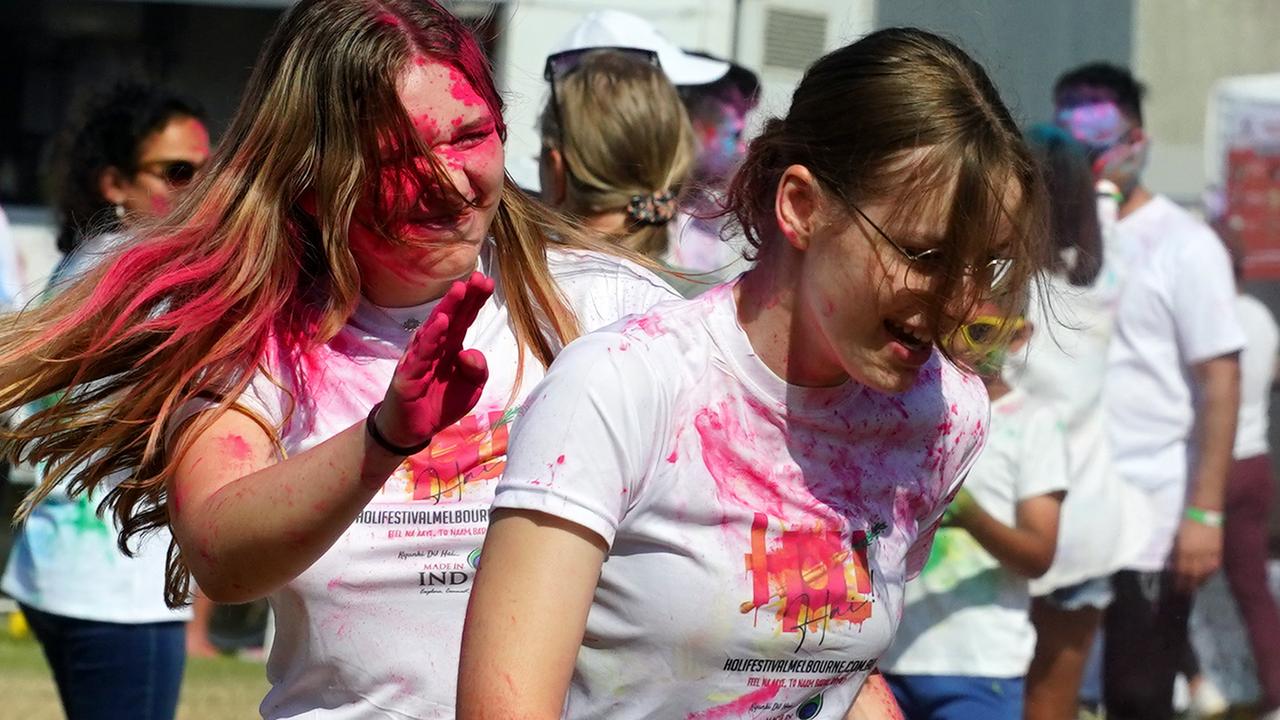‘Productive’ talks over Singapore travel bubble, Japan and South Korea could follow
A travel bubble with Singapore has edged a step closer after ‘productive’ discussions, and the Deputy PM has revealed two other countries could follow.
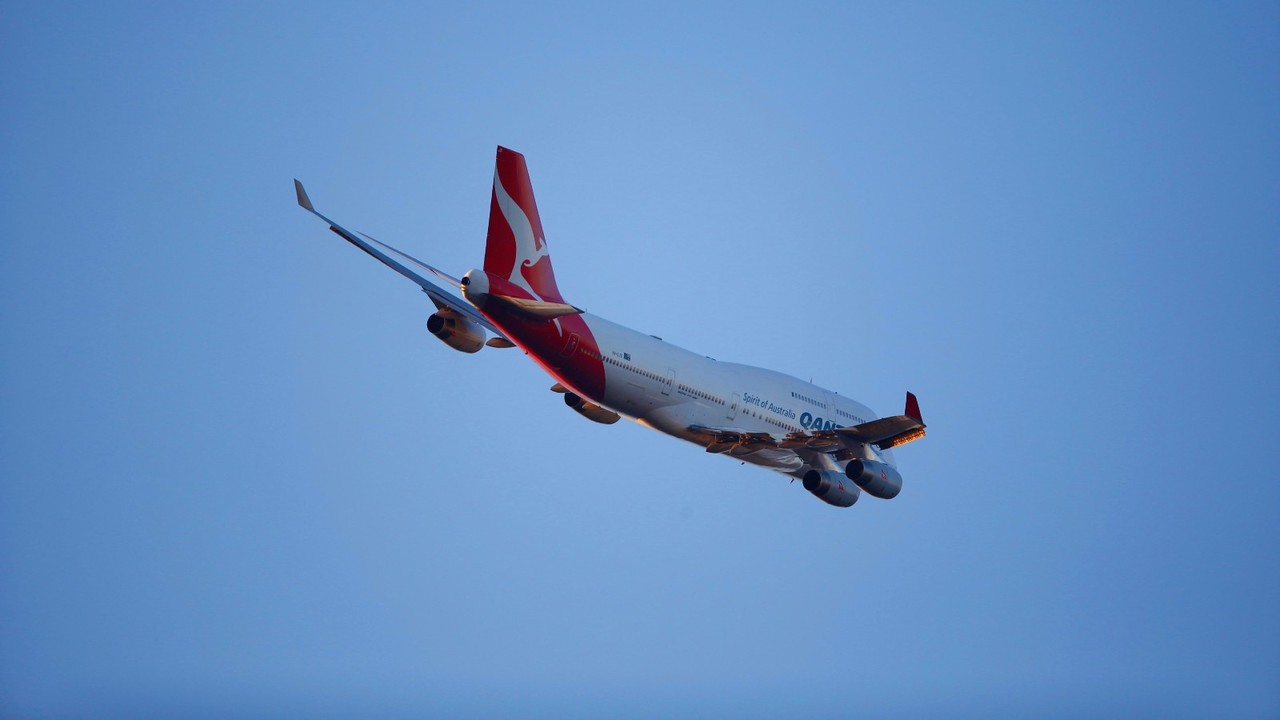
Australia has held “productive discussions” with Singapore over a travel bubble, and South Korea and Japan could follow, the Deputy Prime Minister says.
The federal government has held talks over establishing a travel bubble with Singapore that would serve as a quarantine gateway and tourist destination for international students and returning Australians.
Mr McCormack confirmed the government had begun “working through” the proposal with Singapore that has been mooted for July.
“We have been in productive discussions with Singapore, and we have that travel bubble with New Zealand that is one way at the moment,” he said.
Australia has already set up a one-way travel bubble with New Zealand.
But Wellington has been reluctant to reciprocate the arrangement after a small outbreak in Auckland prompted Australia to slam its borders.
RELATED: PM wants trans-Tasman bubble to work two ways as quarantine-free flights resume from NZ to Aus
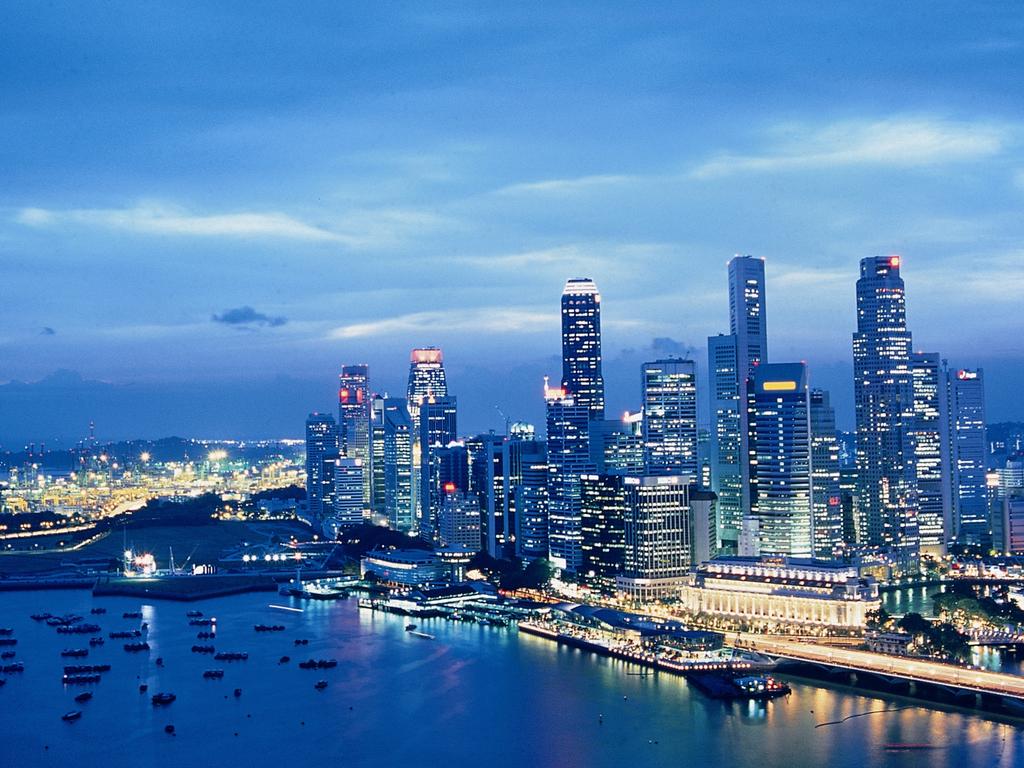
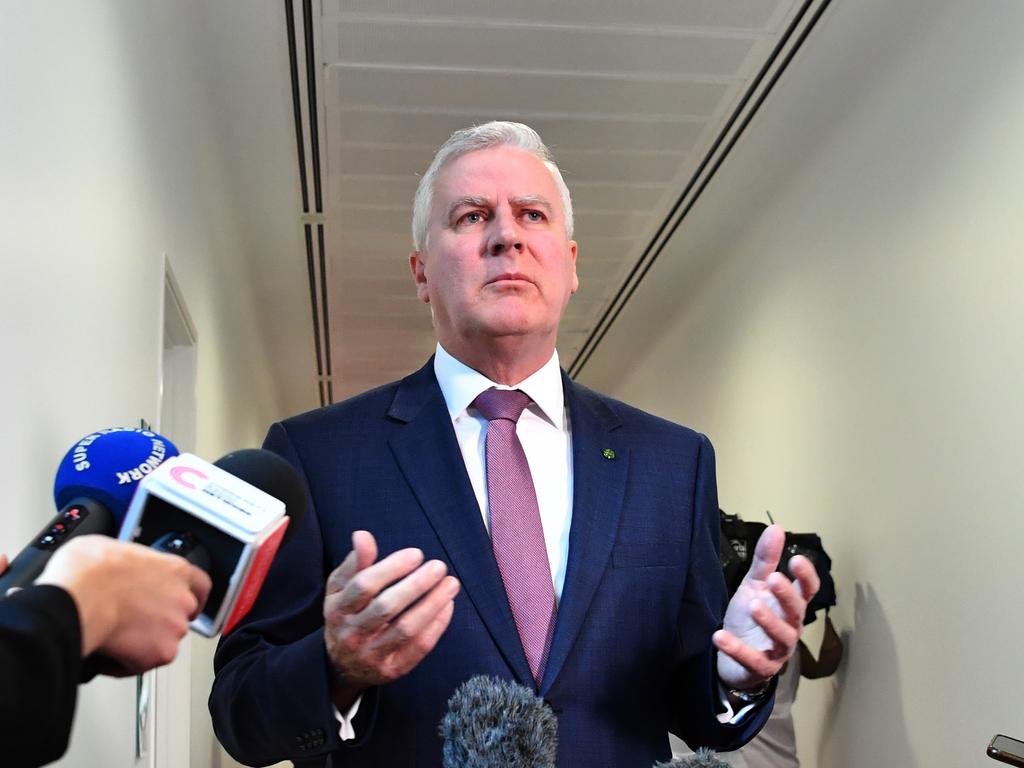
Under the proposal, Australians who had received a COVID-19 vaccine would not need approval from the Department of Foreign Affairs and Trade (DFAT) to travel to Singapore.
Singaporeans who had been immunised would be allowed to travel to Australia without undergoing two weeks in quarantine.
The deal could include New Zealand as part of a three-way travel bubble, but Mr McCormack said the government would look to expand it even further.
“As the vaccine rolls out across Australia and elsewhere, we are confident that we will have these travel bubbles. And, who knows, after Singapore maybe South Korea or Japan?” he said.
“Importantly, we get students back in and returning Australians back in.”
Trade and Tourism Minister Dan Tehan told the Nine newspapers that Singapore was “keen” to work with Australia on a vaccine certificate.
The move would help ease the backlog of Australians looking to return home. That number stood at 41,000 at the end of February.

